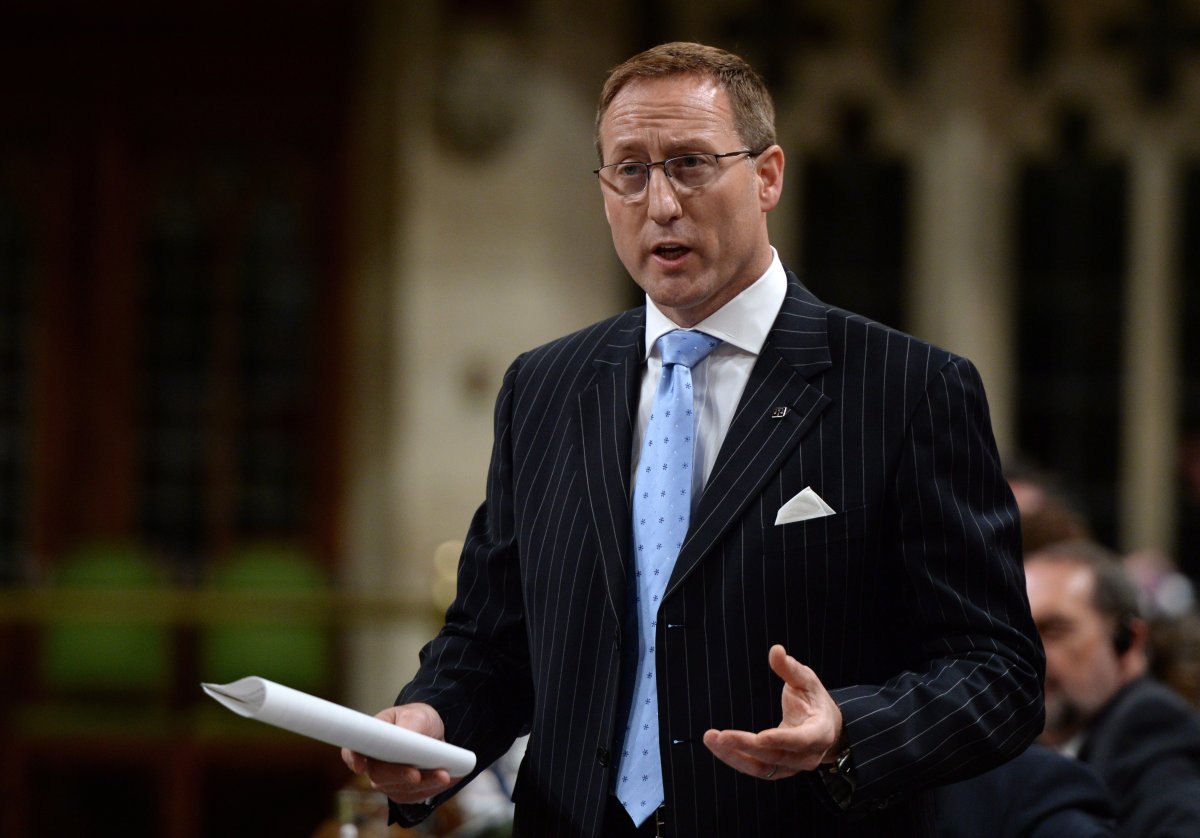OTTAWA – The department of justice received more than 30,000 responses to its online public consultation about Canada’s prostitution laws, and the results are expected to be made public at the end of the month.

Although the government didn’t track duplicate answers, a report analyzing the responses is set to be released on May 27, a justice official said.
It is expected the government will introduce its legislation following the release of the report.
The entire enterprise cost $177,220, according to information tabled in Parliament in response to a question from Liberal MP Irwin Cotler. Most of the money was used to conduct the survey, and no money was spent on advertising, it says.
In contrast, the government only received about 300 responses during a four-month period for online consultations on a Victims’ Bill of Rights.
The Conservatives solicited the public’s view following the Supreme Court’s decision in December to strike down three prostitution laws. The court gave the government one year to respond to the ruling.
“The results of the public consultations informed the development of the government’s response to the Bedford decision,” says the justice department document.
Justice Minister Peter MacKay has said the government looked at a number of options, including the “Nordic model” which targets pimps and johns, but not prostitutes.
- Iran fires air defences at military base after suspected Israeli drone attack
- Carbon rebate labelling in bank deposits fuelling confusion, minister says
- Joly says Canada is monitoring escalating Iran-Israel tensions ‘closely’
- Conservatives ask interference inquiry judge to rule elections were flawed
Between February 17 and March 17 this year, a total of 30,072 online forms were submitted, along with 856 separate email responses. The online forms were limited to 500 words, although emails could be any length.
All responses were reviewed by department of justice officials.
But the government did not record IP addresses, and it “cannot be determined whether multiple submissions were received from a particular IP address,” the document says.
The government also held a two-hour in-person consultation on March 3 with 20 interest groups, including the Canadian Police Association, the Native Women’s Association of Canada, and the Canadian HIV/AIDS Legal Network.
MacKay’s spokeswoman said a summary report on the online consultations will be made public “in due course.”
“I would be happy to address your questions at that time,” Paloma Aguilar wrote in an email.
The online consultation asked six questions, including: should purchasing sexual services be a criminal offence; should selling sexual services be a criminal offence; should it be a criminal offence to benefit economically from prostitution.
The form also asked respondents to identify if they were responding on behalf of an organization.
At its peak, the English consultation page was visited individually 10,177 times on February 18, but it dwindled to 330 by March 20. Some 3,366 forms were submitted on February 18 and another 527 on March 18, the last recorded date.
Cotler said in an email the high number of entries “suggests very strong interest in this issue,” but it doesn’t mean all responses were relevant.
But the Liberal MP expressed concern about the fact that only some responses were reviewed by members of MacKay’s office, according to the document.
“It is troubling to read that only some of the responses made their way to the minister’s office without more explanation on what assessment occurred to filter such responses,” he wrote.
“Given that there will be no public release of the responses, one has to hope that the minister was presented with a representative sample reflective of the diversity of views that exist on this important subject.”
NDP justice critic Francoise Boivin said she expects the government will introduce its legislation soon after the consultations are made public.
“We’ll see first of all if they listen to what it will say in the report, if they listen to the decision also in the Bedford case,” she said, referring to one of the applicants, Terri-Jean Bedford, who makes up the namesake of the ruling.
Valerie Scott, an ex-sex worker, told Global News last month the online consultations were open to “people who’ve never been in sex work, people who don’t know anything about it.”
“Sermons were given to parishioners to write in, churches all over the place had posters up telling people to write in about how awful prostitution is and that is primarily who has responded,” she said.
“And they’ve got a couple of hundred letters from sex worker groups.”
Watch extended interview: Valerie Scott on why she believes the government isn’t consulting with people in the prostitution industry, and the safety problems with the Nordic model.
With files from Erika Tucker


Comments